Looking to request a reference from your professor but not sure how to get started? Crafting the perfect letter can make all the difference in securing a strong endorsement for your academic or professional pursuits. In this article, we'll explore essential tips and provide a template to guide you in drafting a compelling request. So, let's dive in and help you make a great impression!
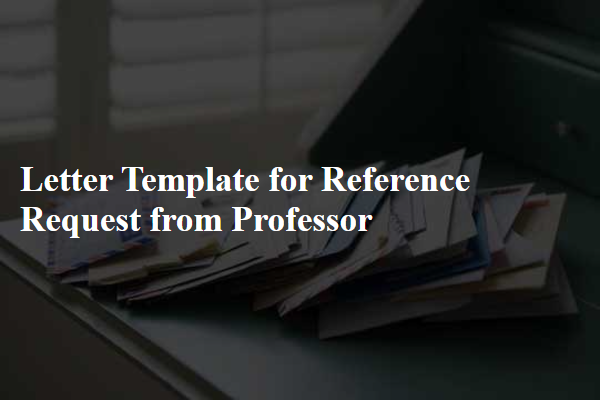
Professional greeting and introduction
A reference request from a professor can provide critical support for job applications or academic pursuits. Featuring a professional greeting such as "Dear Professor [Last Name]," establishes respectful communication. An introduction should concisely clarify the purpose, mentioning specific contexts like applying for a graduate program or a job opportunity. Emphasizing the relevance of the relationship, for instance, having completed a course or research under the professor's guidance, strengthens the request's foundation. A polite closing, expressing gratitude for their consideration and willingness to assist, further enhances professionalism.
Specific request details and purpose
When seeking a reference from a professor, it is important to provide clear details regarding the request's purpose and specific information. Sharing the type of opportunity, such as an internship or graduate program, allows the professor to tailor their response. Include relevant deadlines, such as submission dates (e.g., December 1, 2023), and any specific points to highlight based on your experiences in their course or research project. Additionally, mention skills or attributes you wish to emphasize, for instance, critical thinking or teamwork abilities demonstrated during collaborative assignments. Providing context about your relationship with the professor enhances their remembrance of your work, making for a stronger recommendation.
Relevant academic highlights and achievements
A reference request from a professor can be an impactful way to leverage your academic highlights and achievements. Accomplishments such as a 3.9 GPA, involvement in research projects at renowned institutions like Harvard University, or leadership roles in academic societies illustrate your dedication and expertise. Notable presentations at conferences, published papers in esteemed journals, and participation in relevant internships provide substantial evidence of your skills and contributions in your field. Mentioning participation in community outreach programs or any awards, such as the Dean's List or academic scholarships, can further emphasize your commitment to academic excellence and personal growth. Recognizing these elements can assist the professor in crafting a compelling reference on your behalf.
Deadline and method of submission
A reference request from a professor should clearly outline the deadline and method of submission for the reference. This request typically includes specific dates, such as February 15, 2024, for submission. The method of submission may vary, including online platforms like Interfolio, through email directly to the committee, or by traditional mail to the designated institution, such as the admissions office of a university. Always clarify the exact format required, whether it's a PDF document, a simple email, or a submitted form with specific questions. Providing complete and accurate details ensures that the professor understands the requirements and submits the reference on time, which is crucial for maintaining the integrity of the application process.
Expression of gratitude and contact information
A reference request from a professor often conveys appreciation for their support and guidance throughout the academic journey. Including specific details about the respective program or position can add depth to the request. Professors, such as Dr. Jane Smith from Harvard University, tend to value personal touches, exemplifying the student's unique experiences and accomplishments in their course, such as the Advanced Neuroscience class. Providing contact information is essential for follow-up communication, ensuring recipients can connect via email at jane.smith@harvard.edu or by phone at (617) 555-1234. Such details create a more engaging and informative reference request.
Letter Template For Reference Request From Professor Samples
Letter template of formal reference request from professor for graduate school.
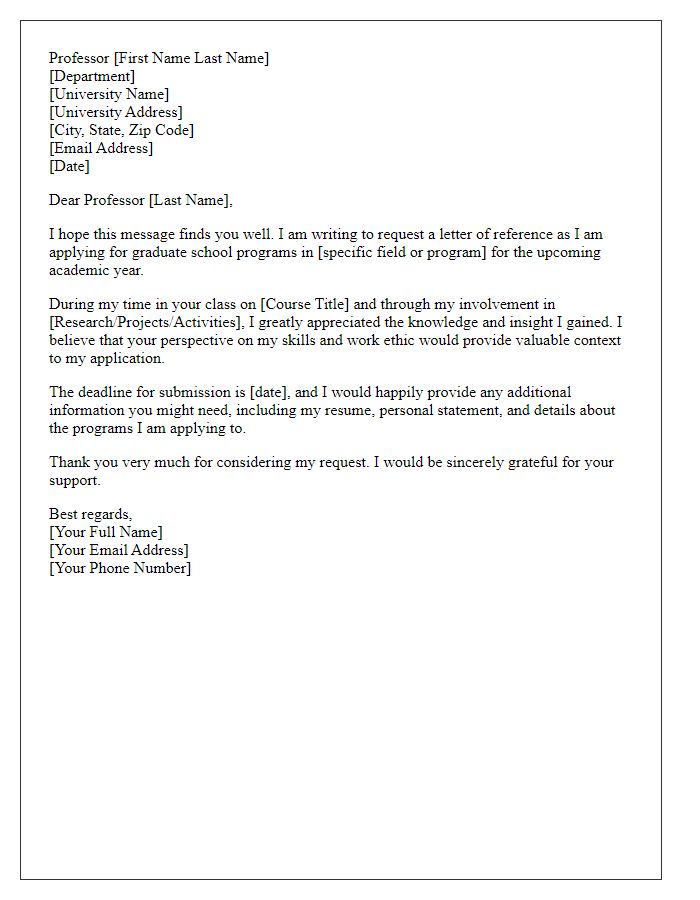
Letter template of personal reference request from professor for a job application.
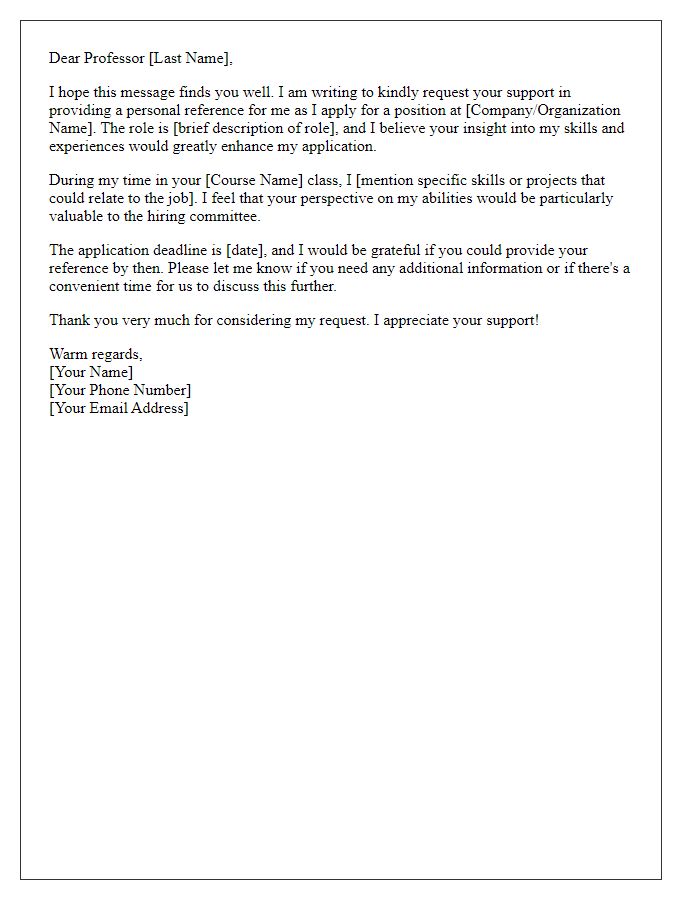
Letter template of academic reference request from professor for scholarship consideration.
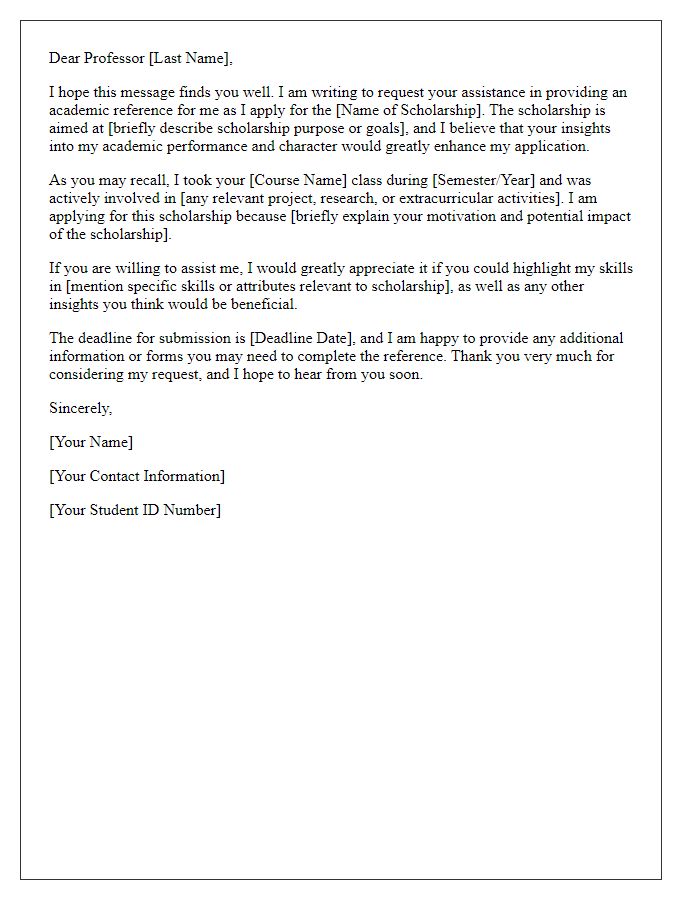
Letter template of professional reference request from professor for internship opportunities.
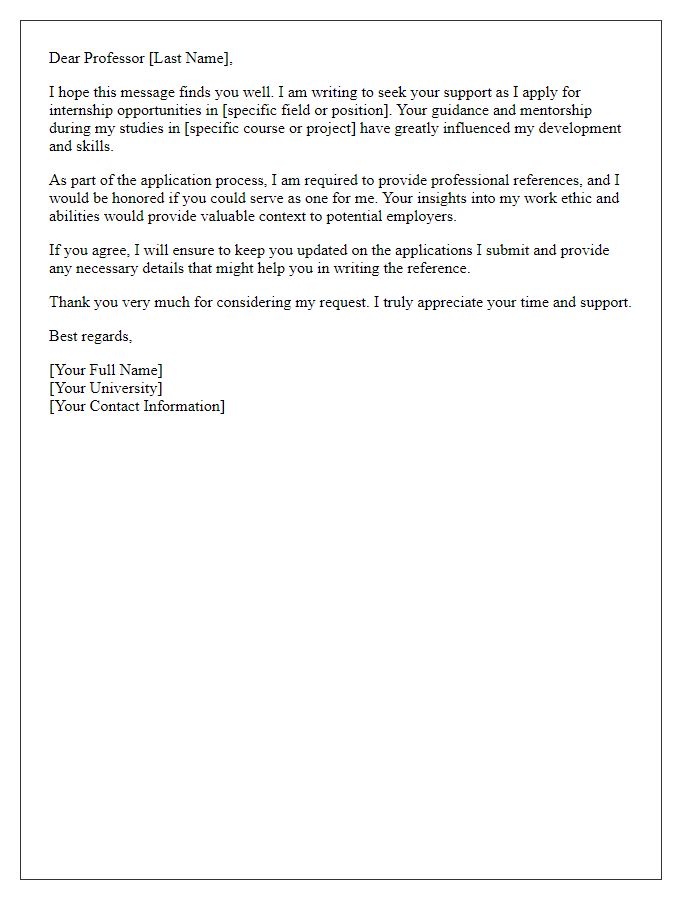
Letter template of character reference request from professor for volunteer position.
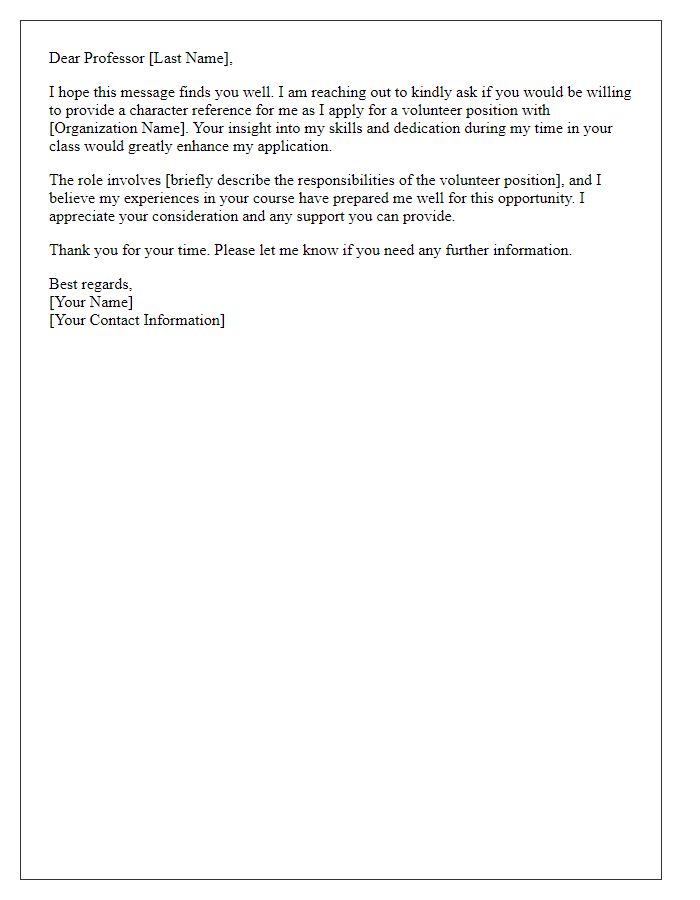
Letter template of recommendation request from professor for conference participation.

Letter template of job reference request from professor for industry position.
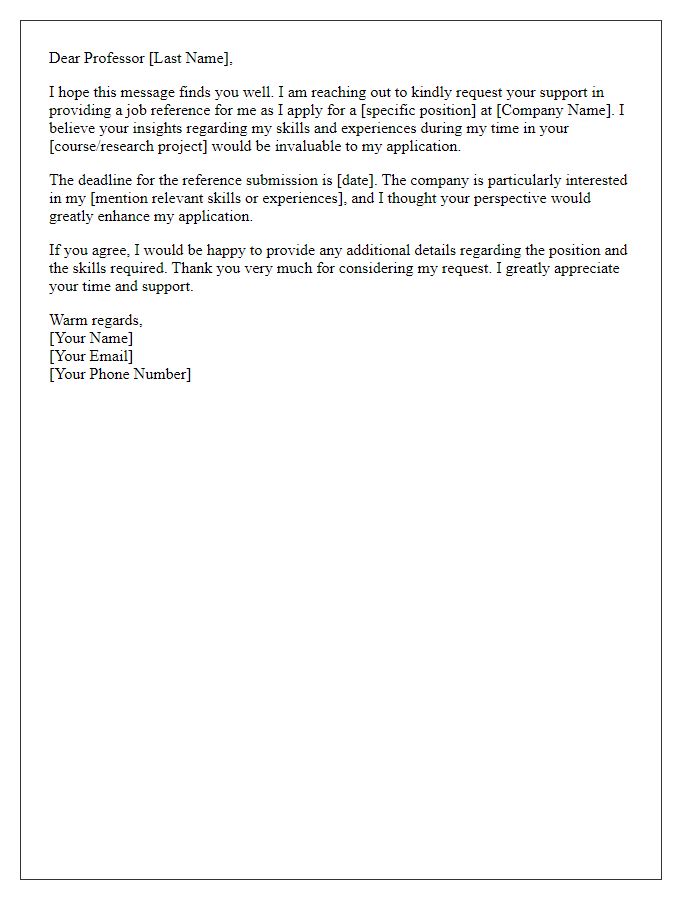
Letter template of research reference request from professor for grant application.
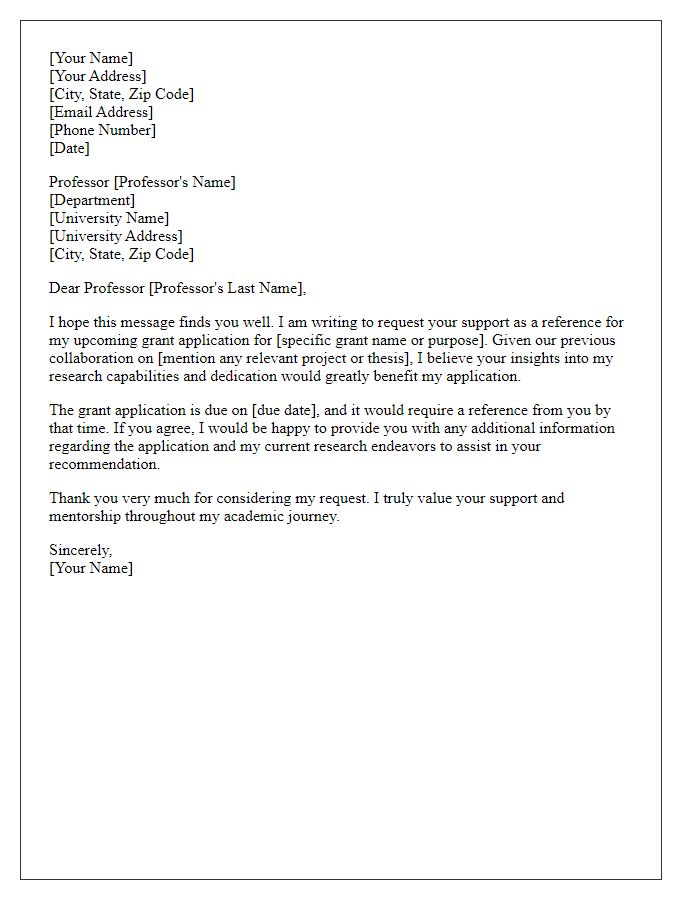
Letter template of mentorship reference request from professor for networking purposes.
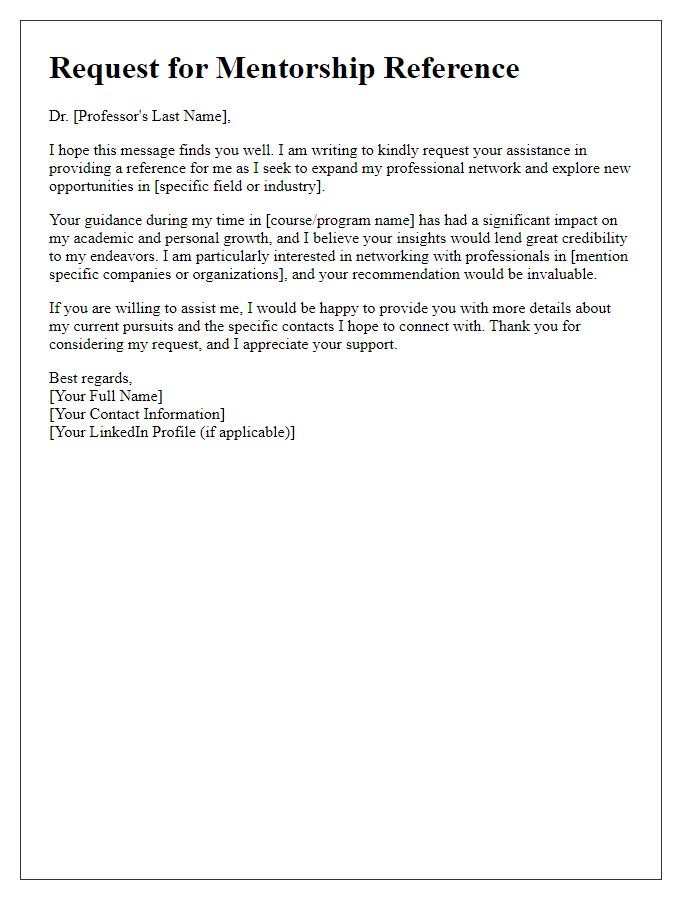

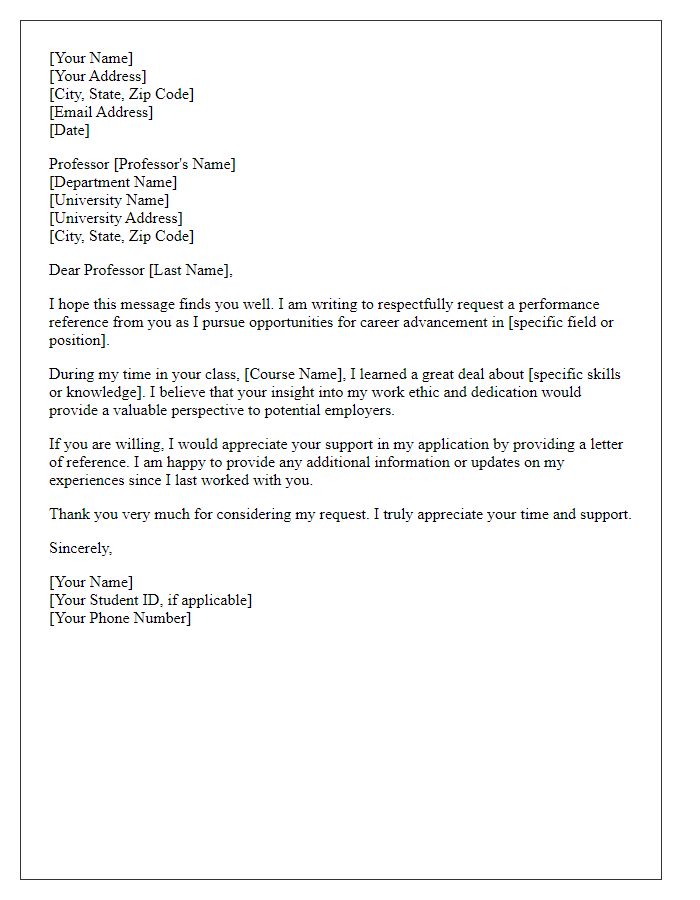

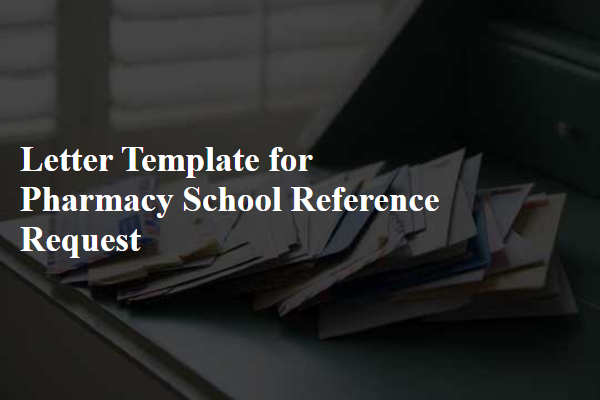
Comments